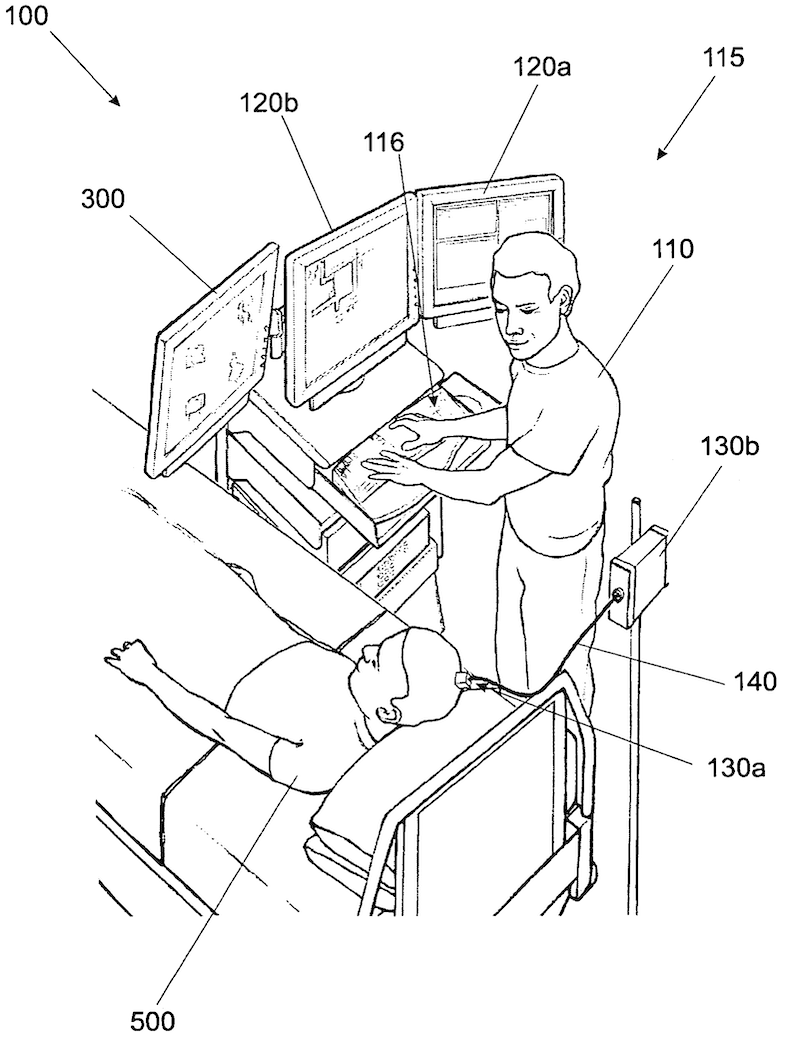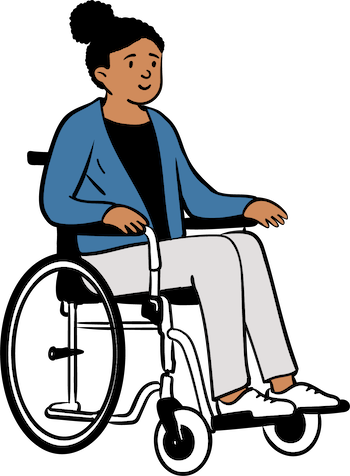About BrainGate
BrainGate, Inc. is a company with transformative neurotechnology that uses micro-electrodes implanted in the brain to let humans operate external devices such as computers or robotic arms with just their thought. Through years of advanced research, BrainGate, Inc. is at the forefront of enabling severely motor-impaired individuals with the ability to communicate, interact, and function through thought.
Today, BrainGate is used to create technology that will allow severely disabled individuals—including those with traumatic spinal cord injury and loss of limbs—to communicate and control common every-day functions literally through thought. BrainGate, Inc.’s mission is to improve of the quality of life for all disabled humans as well as to increase the usage of BrainGate-related technology in both medical and non-medical applications as a means to facilitate innovation in invasive and non-invasive brain research.
BrainGate, Inc. is focused on the advancement of the BrainGate Neural Interface System. BrainGate, Inc. owns the intellectual property of Cyberkinetics, as well as the intellectual property of the BrainGate system and any new technology further developed on the system by the company.
BrainGate, Inc. was founded by Jeffrey M. Stibel and a seasoned team of entrepreneurs with the hope to advance movement through thought alone. This was achieved alongside leading academic institutions, corporations, and various non-profit and government organizations working on the research, science, and development of applied commercial technology. In 2019, BrainGate, Inc. and its core technology was donated to Tufts University as part of a larger grant to facilitate further research and practical applications.
History
Braingate: Turning Fiction into Fact
With origins in academia and a diversified group of stakeholders, BrainGate has evolved from a concept to clinical trials that have already demonstrated tremendous progress, with the ultimate goal of improving the lives of those who were previously thought to have limited ability to connect with the outside world.
One of the key early innovations for BrainGate came from Dr. Donald Humphrey of Emory University. In the late 90s, Dr. Humphrey invented a method for brain-computer interfaces, which became the basis for a rich and diverse patent. Shortly thereafter, a Brown University spin-off called Cyberkinetics was formed to turn a collection of laboratory tests into a regulatory approved set of clinical trials for the first-generation neural interface system: the result was the BrainGate Neural Interface System. Based on intellectual property from Emory, Brown, The University of Utah, Columbia, and MIT — as well as the Cyberkinetics patent portfolio — Cyberkinetics created a brain-implantable sensor on a Bionic® computer chip smaller than the size of a penny to monitor brain activity in patients and convert the intention of the user into commands.
In 2004, the U.S. Food and Drug Administration (FDA) granted Cyberkinetics the first of two Investigational Device Exemptions (IDEs) to perform this research. Hospitals in Rhode Island, Massachusetts, and Illinois were established as clinical sites for the pilot trial and four participants with tetraplegia (decreased ability to use the arms and legs) were enrolled in the study. The end result was much more than a proof of concept. The knowledge from the trials further helped to develop the BrainGate device and gave a light of hope to severely impaired individuals seeking to reconnect with their family and friends. These trials set off a barrage of press and consumer interest. The shear notion of controlling objects through thought was now a reality and the world took notice.
In the summer of 2009, BrainGate, Inc. acquired the rights and assets for the BrainGate technology and the intellectual property from Cyberkinetics. This included numerous trademarks, trade secrets, technology, and over 30 pending and issued patents related to neural interfaces. BrainGate, Inc.’s primary purpose is to advance the intellectual property and technology, while moving toward the long-term goal of creating a brain implant that allows people to use their thoughts to control electrical devices.


The collective goal of BrainGate, Inc. is that these technologies will become a powerful means to restore communication, mobility, and independence to people in need.
Tufts University, together with alumnus Jeff Stibel and his partners, announced the donation of BrainGate, Inc. and its patented technology to the university on September 10, 2020. In doing so Stibel said “Given that BrainGate’s foundational technology is the basis of most, if not all, brain chips presently being developed – medical and commercial – our goal is to create a global hub for cognitive and brain science at the university that can partner with private and public entities for responsible development of this transformative technology.”

BrainGate, Inc.’s Intellectual Property
BrainGate, Inc. has a strong and diverse intellectual property portfolio, including exclusive rights to key patents surrounding neural interfaces and their use to control computers, prosthesis, and other devices.
In addition to its unique patent portfolio, BrainGate, Inc. is also focused on the analysis and interpretation of neural recordings through software and neural network innovation. In the future, this capability could allow for the recording of electrical data for future analysis, a massive advantage for medical practitioners to study patients’ everyday patterns to determine medical treatment. For example, a potential use of this feature would be for a neurologist to study seizure patterns in a patient with epilepsy.
Explore a sample of BrainGate, Inc.’s current patent portfolio here:

Publications
A number of publications over the last two decades are relevant to BrainGate. Many of these publications were completed alongside BrainGate, Inc.’s predecessor company Cyberkinetics or using BrainGate technology.
